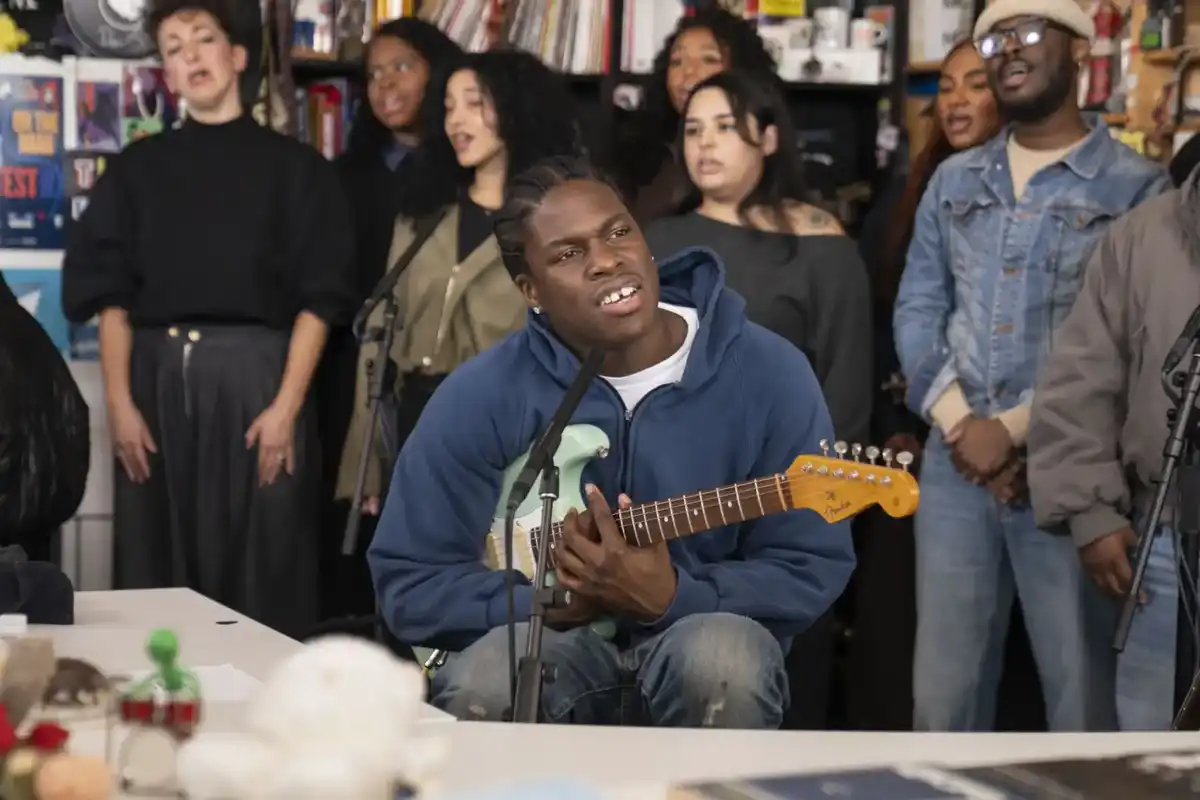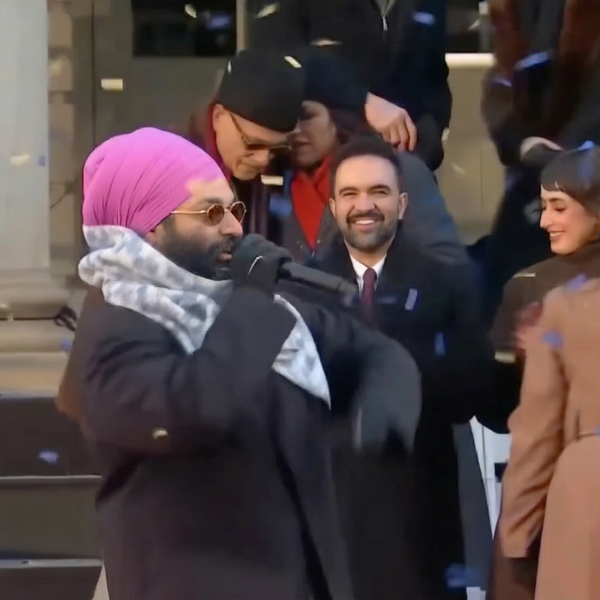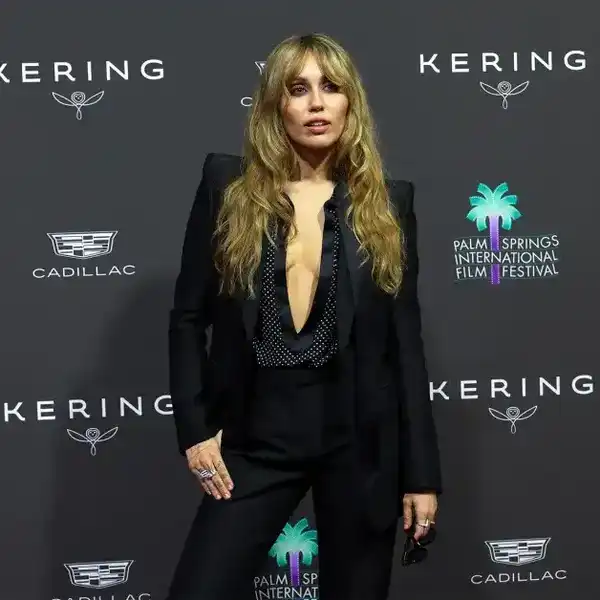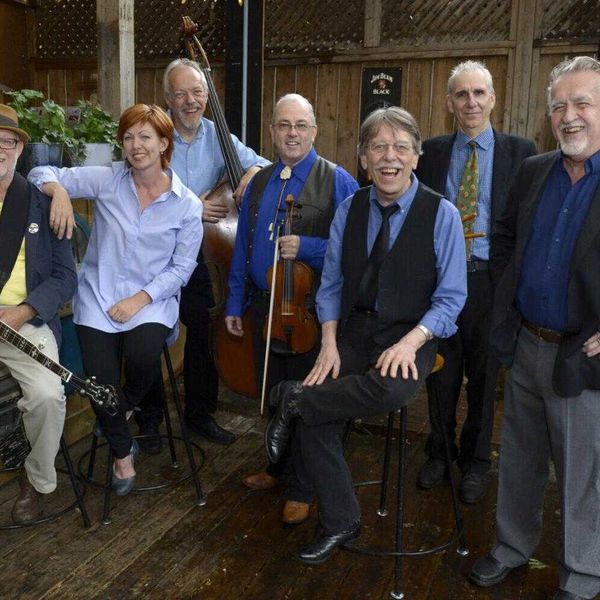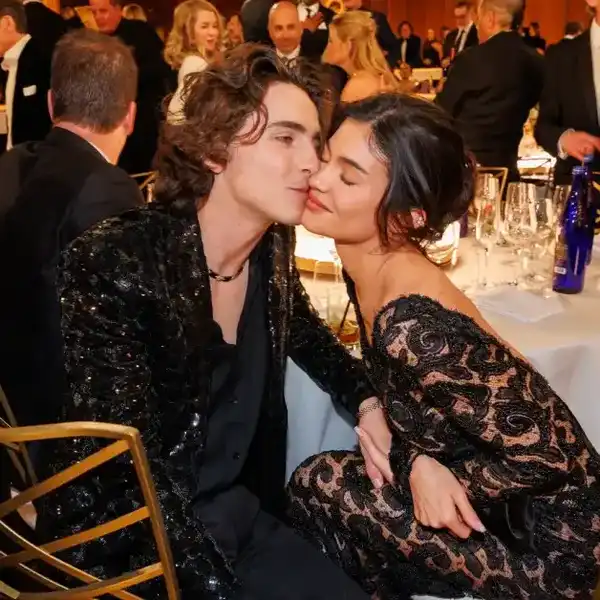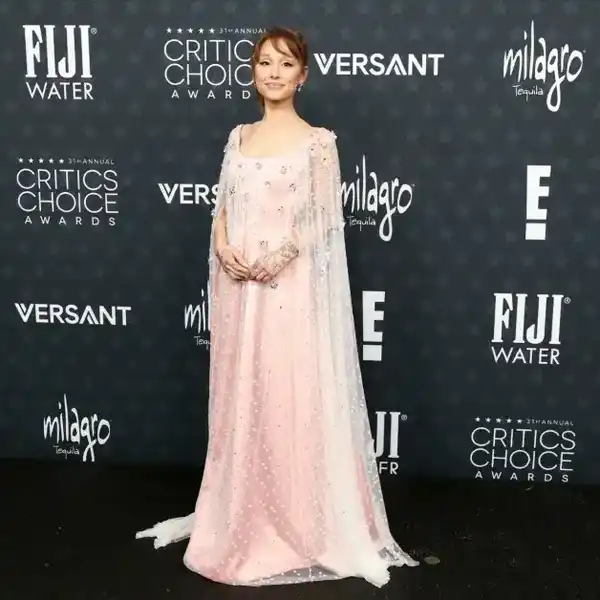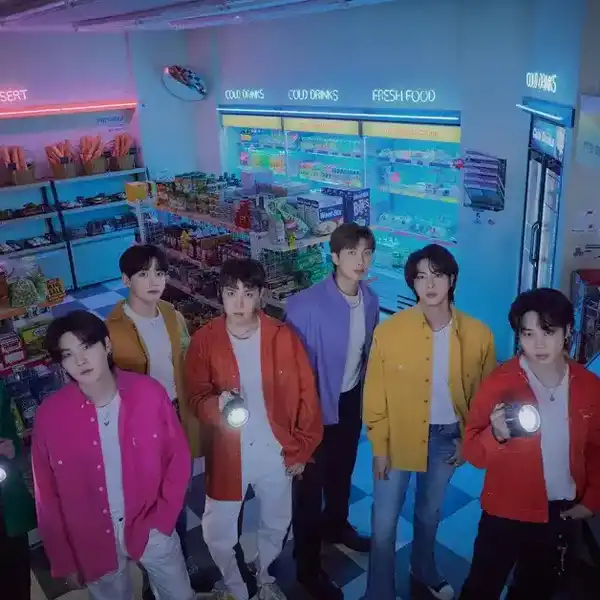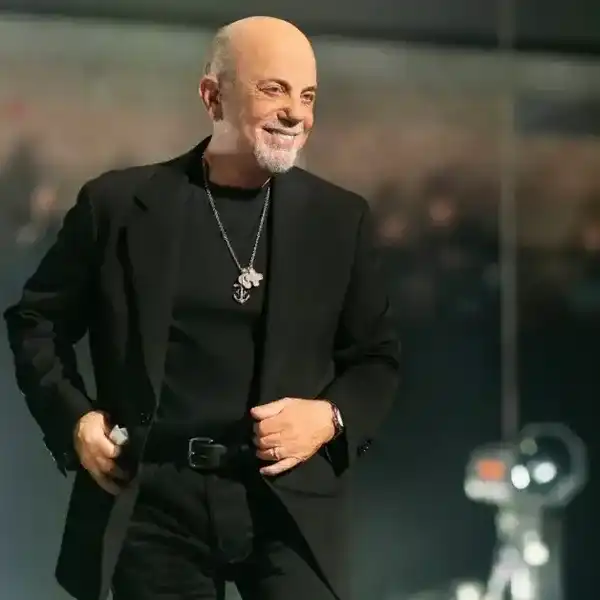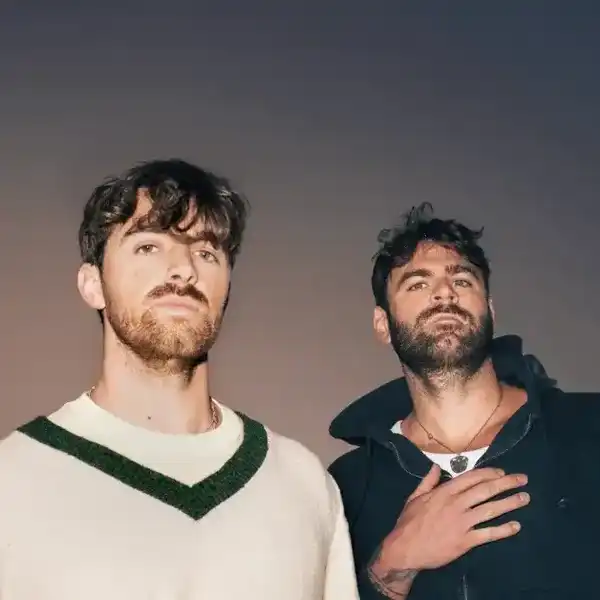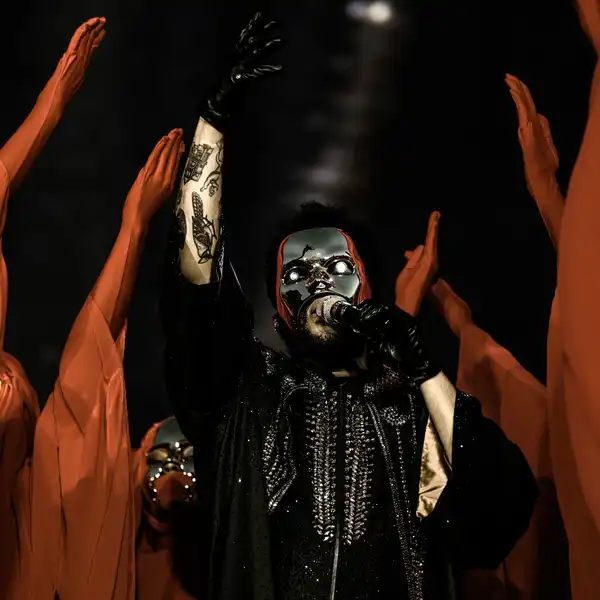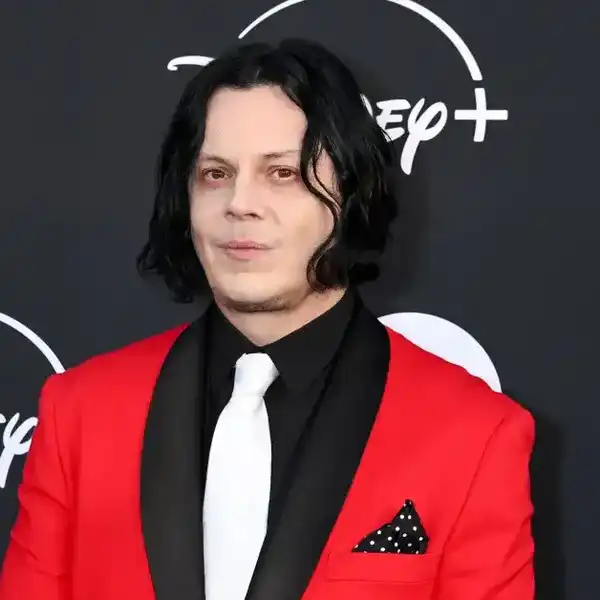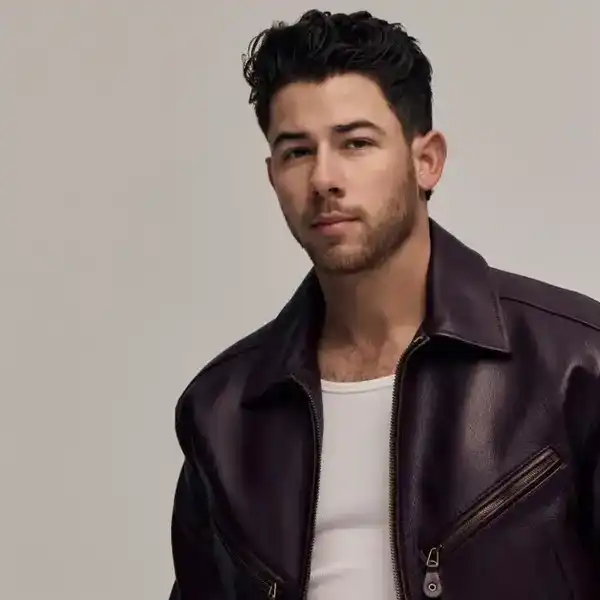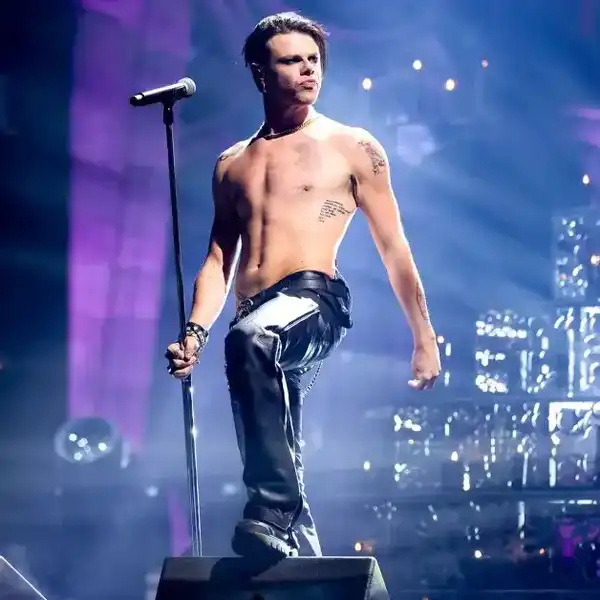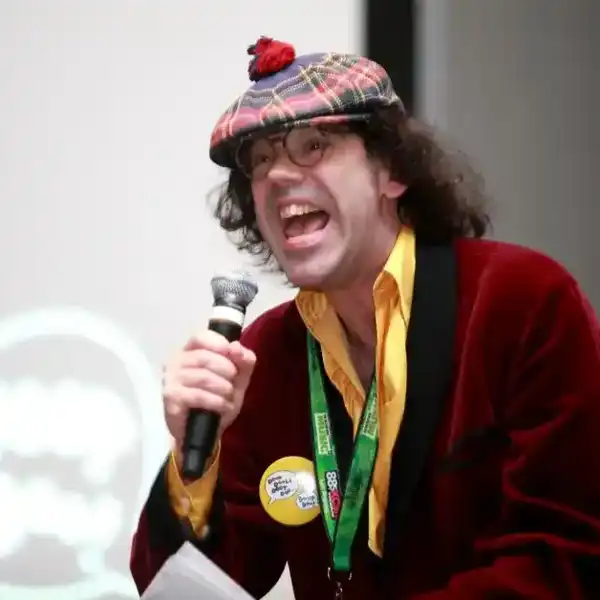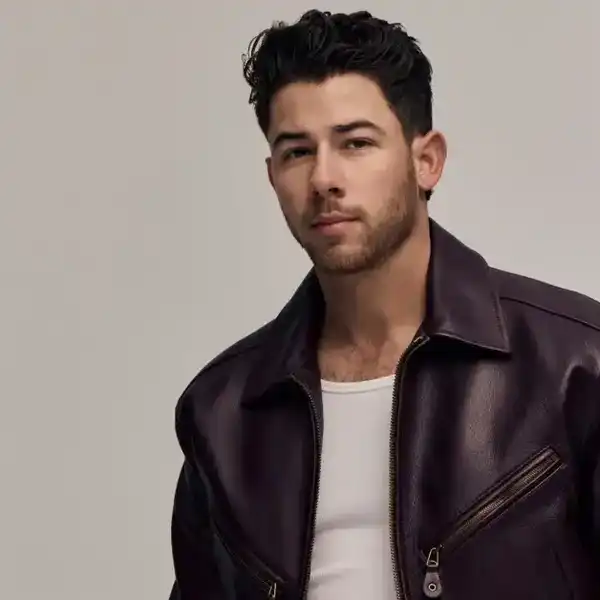A Conversation With ...KC Roberts
The leader of the popular Toronto combo KC Roberts and The Live Revolution is embracing online teaching in the pandemic era. Here he discusses that transition, recalls a memorable European tour, and explains his approach to home recording.
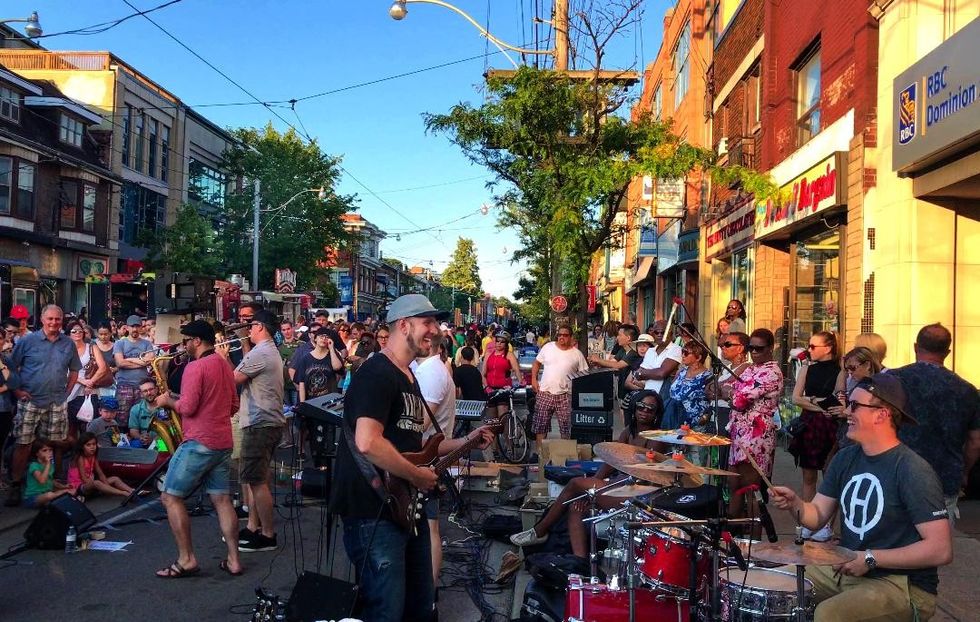
By Bill King
For those not aware of guitarist/bandleader/singer/composer, KC Roberts, you are in for an awakening. Roberts and his Live Revolution are one of Toronto's most accomplished, polished and dynamic bands. KC has opened for or shared the stage with acts like The Black Eyed Peas, Jim Cuddy, Rihanna, Jimmy Cliff, Jack Bruce, Talib Kweli, Lee Fields, Lettuce, Alanis Morissette and Finger Eleven. KC also played and toured for Canadian Idol winner Brian Melo, with whom he performed on MTV Canada to a national audience.
I recently detected Roberts was fully embracing online teaching and was curious how this was working out. It's a matter of survival in these trying times. Before I get to that conversation – more background.
"KC is an established singer/songwriter in Toronto, having written and recorded 100+ original songs in his career thus far. Since 2007, he has been the leader/singer/guitar player of an eight-piece band called KC Roberts & The Live Revolution (KCLR). KCLR has released five full-length records, played festivals and shows all over Canada and the U.S, Sold over 3,000 CDs in Japan, acquired hundreds of thousands of youtube views on their channel, and have a large and loyal fan base across the country. A large portion of KCLR's fans is musicians, who enjoy the bands writing, arrangements and musicianship. The unique band approach, as well as KC's writing and arranging, inspire many of the young and older musicians to pursue their instruments and playing in more profound ways. KC is the principal songwriter and musical director of the band, having written most of the horn lines, bass lines, grooves, melodies and chordal harmony and all the lyrics and guitar parts in the band's catalogue. They just recently finished a 20-day west coast tour starting in Edmonton, and ending in LA. KC's music is regularly played on CBC radio.
Contact him at kc@parkdaleguitarlessons.com
Bill King: You are one busy guy.
KC Roberts: I mean, I'm less busy now than I have been. But, yeah, I'm keeping busy, and I'm, you know, trying to make ends meet.
B.K: What I want to talk about is this home teaching. It fascinates me knowing know a lot of musicians would like to get into the homeschooling thing. How's that rolling for you?
KC: It's the whole online thing - Skype and Zoom. It's pretty gruelling. What makes it gruelling is people's Internet freezing. The fact that you can't play with someone I find is one of the biggest things you want with a student. You want to make sure they're in the groove, or the rhythm is correct. It's always trying to find creative ways to get them to play with rhythm and recording the thing you want them to learn and sending it to them with a click so they can play along with it. Usually, when you're in a room with them, you just go, let's try this. So that's one thing. But you know, at the same time, I guess it's good to explore this. I had never used any of these programs this way until now. So hopefully, this means that when this all ends, if I want to teach more internationally or whatever, that'll be a good thing because I'll be used to it.
B.K: Is this mostly people seeking you out or those who know you?
KC: I teach people around the neighbourhood and some musicians who've seen me play or whatever. I wouldn't say that I'm "slammed" with students, but I have the right amount. This has all come about recently because of the isolation and the whole thing with covid-19 - new people and more teaching have come from this. I think of people being bored, wanting to take on some kind of craft to get their head through everything. I already had quite a few students before who continued through. We sort of leaped.
B.K: Is this a way to supplement your income and keep the band going - keep yourself going at the same time?
KC: Yes. Original music doesn't tend to get you much money as anything else. A loss for me has been not getting called on other people's gigs and studio work. Other than that, I'm working on a record for my band and solo records. There's a lot that I can do at home and a lot that I'm working on. I'm lucky that I have tons of stuff to catch up on.
B.K: You must have a decent studio set-up at home?
KC: It's not fantastic, but it's good enough. Right now, the process I'm going through is sort of trying to demo everything, get ideas as close as I can. And if it's something where I'd like to record my guitar in a studio with like an older amp and a nice mike, I can just go in and plug that in on top of this demo. We got drums done for one of the records and then my solo record before the crisis. I think I'm just going to either do electronic drums until I can get a real drummer in the studio or just kind of build that way, which is again new because usually, it's always been the band rehearses then we go into the studio and record. But this is kind of nice demoing, which I know a lot of people do. And it's great because you get it to feel it precisely like you want, and then people just have to plug in with their own into that feel, which is great.
B.K: How's the writing coming? Are you inspired?
KC: I haven't jumped immediately into it because I don't think I even understand what this is yet. It's pretty, pretty intense. I do feel drawn more towards positive music right now. It feels like if I were going to write anything, it would be something hopefully containing some type of optimism. It does feel like it's not a time to be complaining about relationships.
B.K: I was thinking not so much about trying to cover the times or relate to the times, but having the time where you can be very creative and focused on the things that you want to lay down - create and write. The music you write is pretty intricate - clever transitions and interludes composed to connect and enhance the body of the song.
KC: Yes. I did my first at home Facebook live stream online. I kind of jumped into it half-cocked and picked some songs that were more acrobatic guitar and singing at the same time. It got a good reception. I think I want to write a couple more pieces like that over time. And the solo project that I'm working towards, I think, is going a little more towards textural. I don't know, simplicity, lyrics, songs, melodies - that's the album I really want to make, but then whenever I play live, everyone appreciates what I put into these kinds of things. I guess I'm just trying to figure that balance between how they all fit together. Maybe this will be the time to kind of connect some dots.
B.K: Your band toured a lot last summer.
KC: It was a blast. It actually was the first year we ended up not doing the Beaches Jazz Festival. We played in Europe. It was cool because we'd got called by a festival in Oldenburg. They had this cultural summer event, and we drew a massive crowd. Our first night in Germany and we had that long flight there and switched to another. I think we were in Munich, and then we shifted over and flew on. Then we picked up a van and had to drive somewhere to get the gear then pack the van. By the time we got to the venue, we were all so tired, and playing that day. We did like a little radio interview.
I'm feeling so tired. My voice was felt tanked from being on the plane that long and not sleeping; I just felt like no muscular energy to dig into. And then suddenly, like about 5000 people crowd around this stage. And we're up there to do an hour and forty minutes. The moment we stepped on stage, adrenalin from another dimension came through us all, and it was just fantastic. The crowd just totally loved it. That thing over there that I've heard about Germany and places like that, where people are open and receptive and ready to hear whatever you have to bring and if it's good, it's true. And they did. That was a real treat.
That was like the kickoff of the tour. We played a bunch of other festivals and a couple of small club gigs. One of the ones I liked was in Berlin. We played Quasimodo, which is sort of like their jazz club. Prince played there back in the day. They advertised for us on television and brought out people to see us that didn't know about us, who just came because this club said these guys are worth coming to see. And then at the end, the club's like, oh, we're so sorry more people didn't get here. I'm not used to this kind of treatment.
B.K: How many dates?
KC: We did only about seven. But what happened, we were trying to get more. We had the first festival and then two weeks later we had two festivals. And so the whole thing was about trying to plug in these two weeks. And at one point, it just looked like the first week - the Monday, Tuesday, Wednesday, Thursday, was like nothing was going to happen there that was going to be worth doing. We got an Airbnb out in the country. And we talked to the guy renting, and he was cool with us leasing instruments and setting up and having writing sessions. He turned out to be this remarkable artist who had pieces of the Berlin Wall built into his counter and a protester who played the violin.
He had this room that he opened up, and it had a big sound machine – it was like we were in a science fiction thing or something. So we just hung out there. This was only an Airbnb. I said, look, if we're going to have a week out there, we don't want to try and do just any old gig that doesn't pay us or whatever and drive all over the place. Why don't we use this as a time to, like, be creative and write?
We also knew we were going to have to do crowdfunding to help support this tour because it was, you know, a lot of money to get seven guys out there for two weeks and take care of everything. We just sort of took it as a creative time to write. And every day, we'd rehearse and write songs and figure out things for the set we wanted to do differently. It was a real treat - a real band building trip. And the seeds are planted there to go back with a lot more gigs. I was kind of hoping it was gonna happen this year, but it's looking a little messy.
Bill King: We have no idea what's happening. We can't mount the Beaches Jazz Festival. I mean, nobody can plan for an event. When it comes to sports and concerts, you can't do anything. We don't know how long we'll have to social distance, how many people would be allowed to attend. The only thing I can think of is much like how they're doing this with Saturday Night Live - concerts online where everybody's in their place. You have to figure out the logistics of that, the audio and everything. It's a new challenge.
KC: I've got to admit like as awful and as annoying, and as over this I am most of the time, there's a lot of good that could come not from the illness, but from people having time to kind of finally sort out things in their head. I don't know; I think my dad was mentioning – I forget who it was maybe during Newton's time and because of some kind of illness and things shut down, and he was in a university working on ideas. And that's how a lot of his theories got developed. Sometimes this kind of thing can pull human creativity out. I hope that's what happens.
B.K: Are you self-motivated?
KC: Yeah. In the first week or two, I shut down a little bit. I'm not the kind of person who just jumps into action when stuff gets crazy. I kind of took a step back, and I was just like, what is this, and what do I need to do? And, you know, is everybody OK? And like, where am I at? I couldn't perform - I didn't want to perform. I didn't feel right. And I felt like personally, just for me, not judging anyone else, I wasn't just going to jump online and say look at me, look at me. It just wasn't there.
I think now I'm feeling a little more comfortable with the idea of, OK, I'm going to put positive music out there. People seem to be like, hey, thanks for doing that. So I'm like, OK, this is cool. I just don't want it to be about me. Like, it's not a time to be collecting Instagram followers or building my career. I feel like this is a sort of healing time or something like that for everyone.
B.K: It's an evolving environment where you know you have to secure some sort of income and still create.
KC: I was having a conversation with a student today who's trying to help organize her building because they've got kind of a crappy landlord who was trying, in the beginning, to find bogus things against people to evict them. It was a Montreal-based thing, and so they were just kind of like, let's clear this out here and get the money - more money, more rent. Right around that time, the government stepped in. I was talking to her today, and she's like, are you withholding your rent? I hadn't thought about that. I appreciate what she's trying to do. There's a lot of stuff to think about. And it's tough. Maybe with everybody, you just start with your circle, and you kind of go outward and make sure everybody that you care about is OK. And then, hopefully, in a couple of months, we'll be able to start helping each other more.

